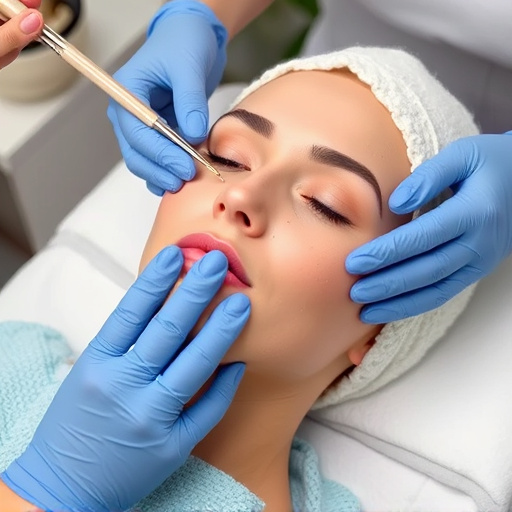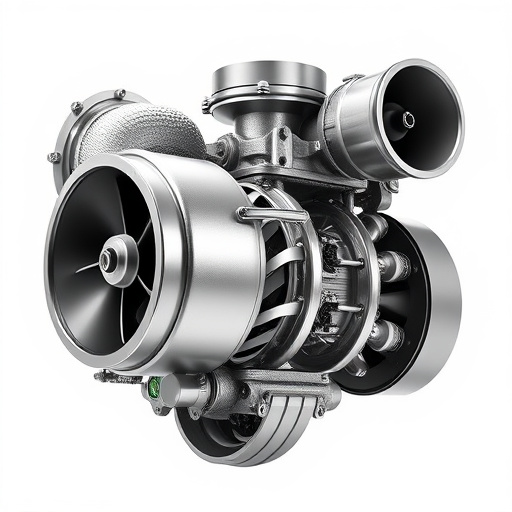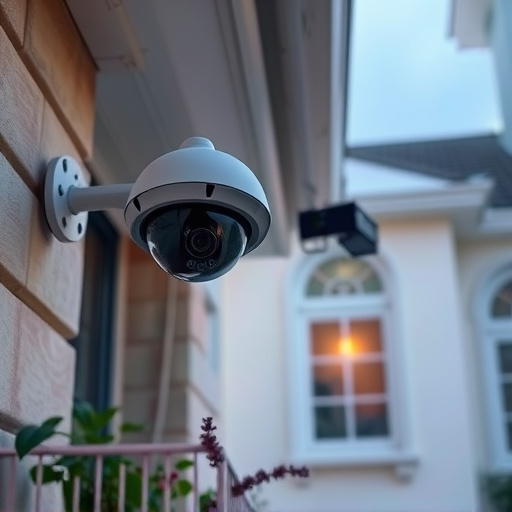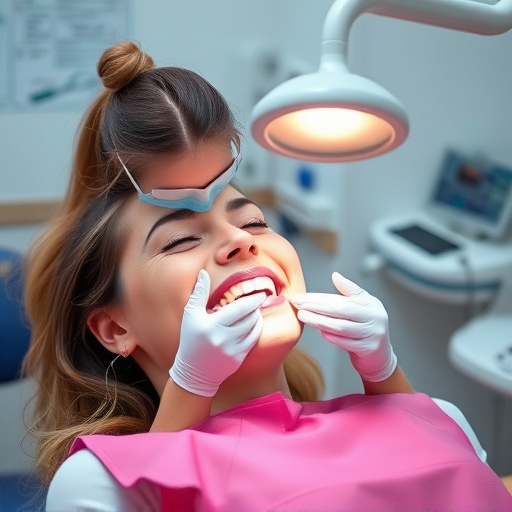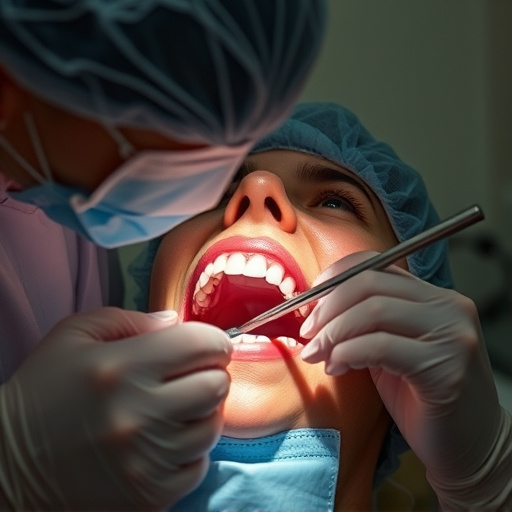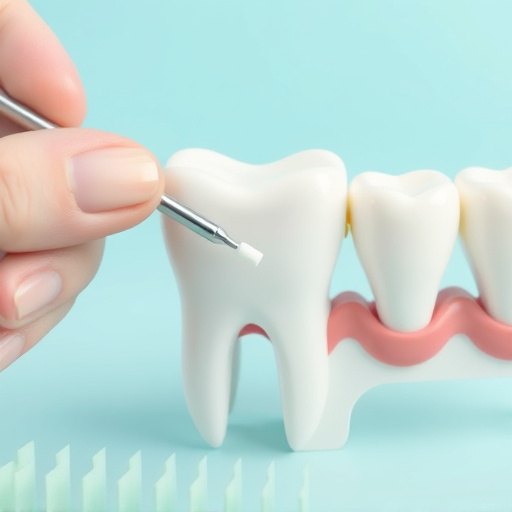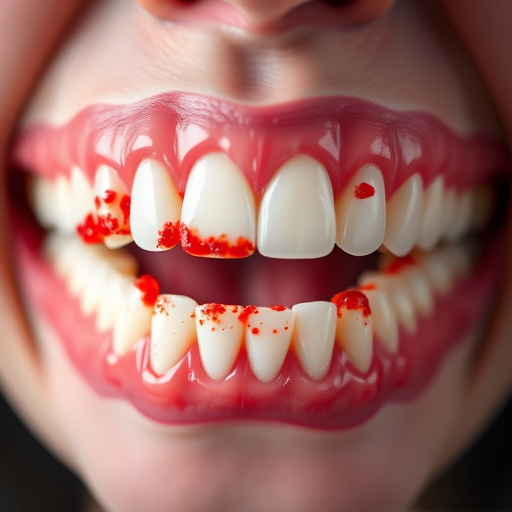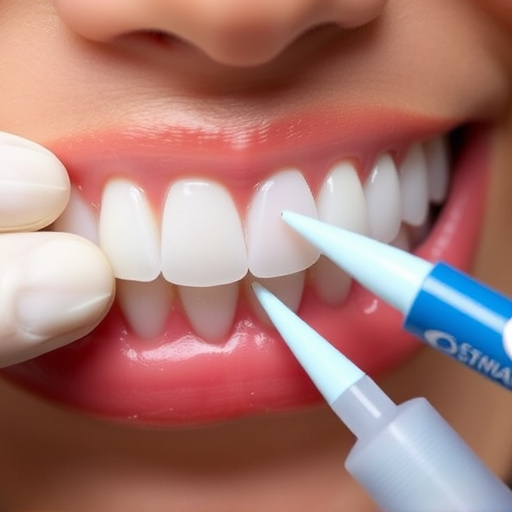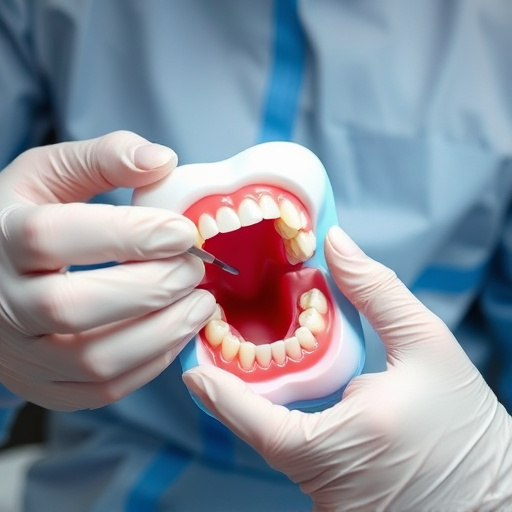In diverse communities, multilingual dental staff are essential for breaking language barriers in healthcare, especially dentistry. They facilitate communication, serve a broader patient base, and enhance satisfaction, particularly during emergency or cosmetic procedures. A diverse team promotes cultural sensitivity, builds trust, and makes dental care more accessible and welcoming for all, ensuring personalized treatment that respects unique cultural beliefs and practices.
In today’s diverse communities, having a multilingual dental staff is no longer a luxury but an essential component of quality healthcare. This article explores how dental practices with employees fluent in multiple languages significantly enhance patient experiences. By breaking down language barriers, these staff members improve communication, fostering comfort and understanding among patients from various linguistic backgrounds. Moreover, cultural sensitivity becomes a cornerstone of care, solidifying the practice’s commitment to inclusive, effective, and respectful dental services.
- Breaking Down Language Barriers: The Role of Multilingual Dental Staff
- Improved Communication: Enhancing Patient Comfort and Understanding
- Cultural Sensitivity and Care: A Key Aspect of Quality Dental Services
Breaking Down Language Barriers: The Role of Multilingual Dental Staff
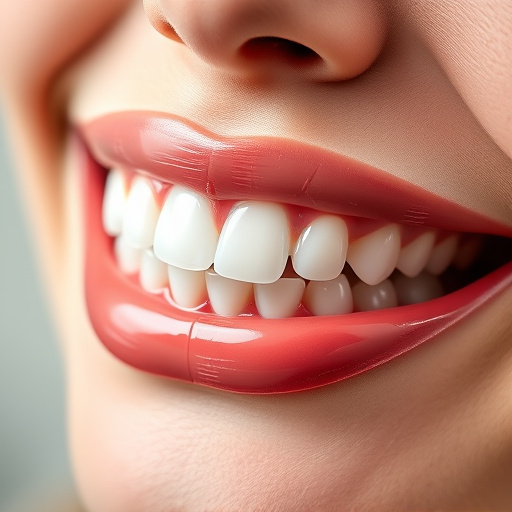
In today’s diverse communities, breaking down language barriers is essential for providing quality healthcare. This is particularly true in the field of dentistry, where clear communication is critical to ensuring patient comfort and safety. Multilingual dental staff play a pivotal role in facilitating effective interactions between healthcare providers and patients who speak different languages. By offering services in multiple languages, dental clinics can serve a broader patient base, fostering inclusivity and enhancing overall satisfaction.
When it comes to emergency dental care, cosmetic dentistry, or procedures like fitting dental crowns, multilingual staff ensure that patients understand their options, receive accurate information about aftercare, and feel at ease throughout the entire process. This not only improves patient experiences but also promotes better oral health outcomes. Moreover, having a diverse team can lead to cultural sensitivity and improved relationships within the community, making dental care more accessible and welcoming for all.
Improved Communication: Enhancing Patient Comfort and Understanding
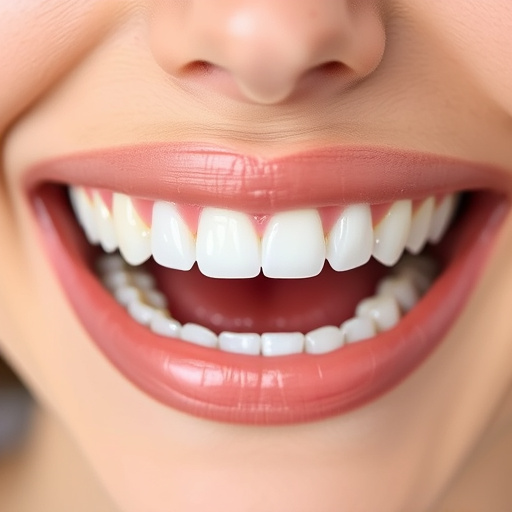
Having multilingual dental staff significantly improves communication between patients and healthcare providers. This is particularly beneficial for diverse communities where English might not be the first language. When patients can comfortably communicate their needs, concerns, and symptoms in their native tongue, it leads to enhanced patient comfort and understanding.
Effective communication allows dentists to gather accurate medical histories, diagnose issues more precisely, and explain treatment options clearly. In the context of various dental services like cosmetic dentistry, children’s dentistry, or procedures involving dental crowns, clear communication ensures patients are fully informed about every step, reducing anxiety and promoting trust in the dental care team.
Cultural Sensitivity and Care: A Key Aspect of Quality Dental Services
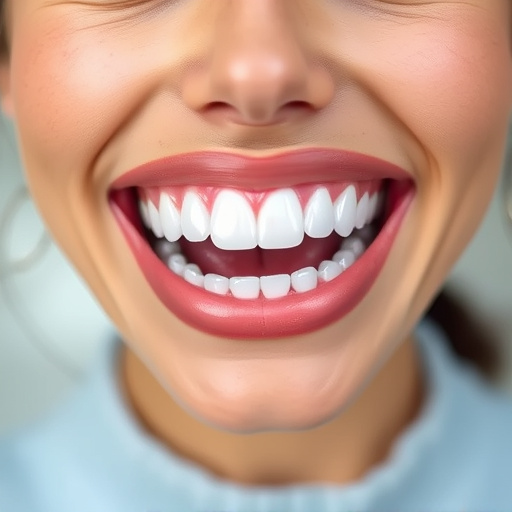
In the realm of healthcare, cultural sensitivity is a cornerstone of quality patient care. When it comes to dental services, this aspect becomes even more critical as it involves intimate procedures and close interactions between patients and staff. Multilingual dental staff play a pivotal role in bridging cultural gaps and ensuring every patient feels respected and understood. By providing care in a patient’s native language, dentists can establish a deeper connection, foster trust, and deliver treatment that considers cultural nuances.
This is particularly essential when dealing with diverse communities where patients may have unique beliefs, preferences, and fears regarding dental health. For instance, certain cultures prioritize holistic approaches to well-being, emphasizing oral health within the context of overall body balance. Others might have specific dietary habits or traditions that impact oral hygiene routines. Multilingual staff equipped with cultural competency can adapt their approach, offering personalized care tailored to these differences, from simple procedures like teeth cleaning and dental fillings to comprehensive dental care services.
Multilingual dental staff play a pivotal role in enhancing patient experiences by breaking down language barriers, improving communication, and fostering cultural sensitivity. Their ability to connect with diverse patients ensures that everyone receives comfortable, understandable, and quality care. By embracing multilingualism, dental practices can create an inclusive environment that reflects the diversity of their community, ultimately leading to better patient satisfaction and outcomes.




